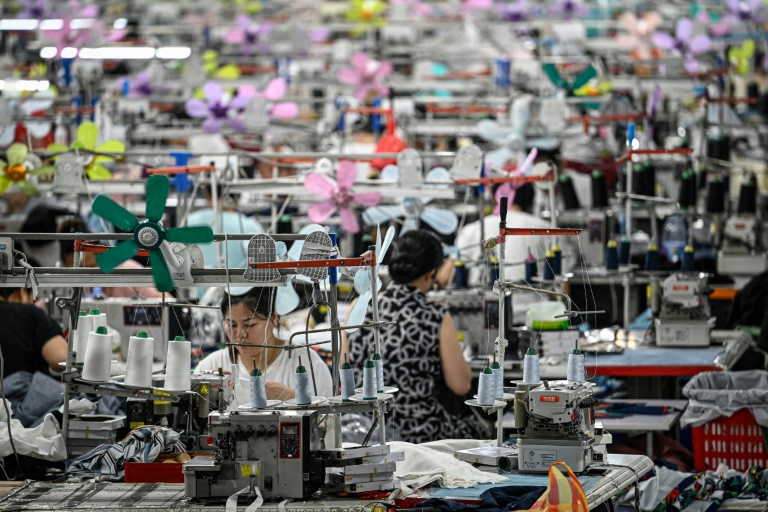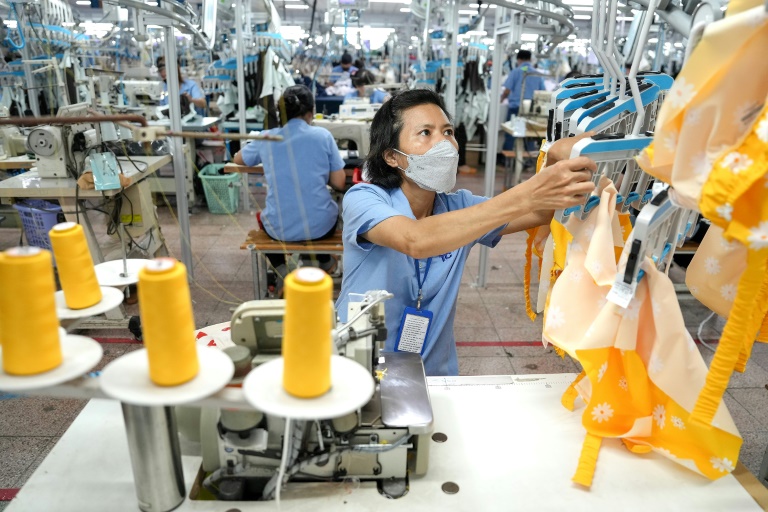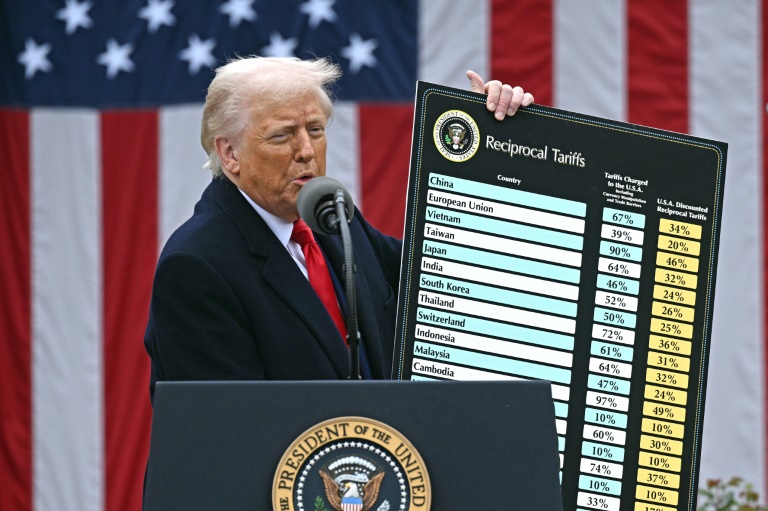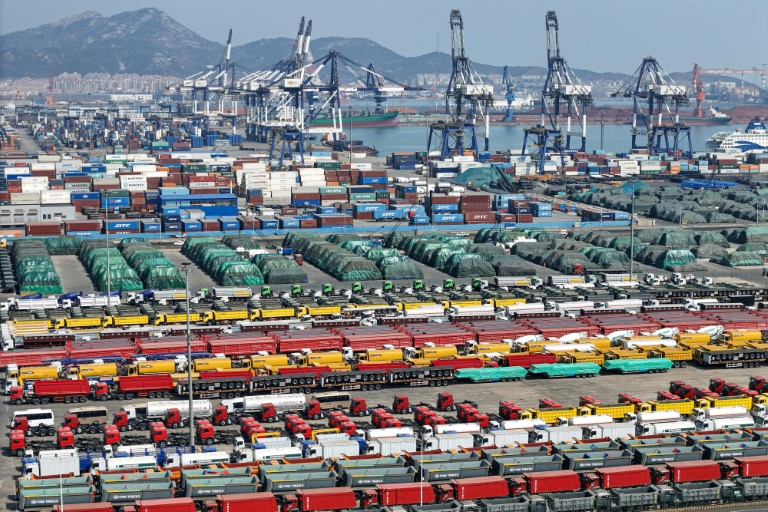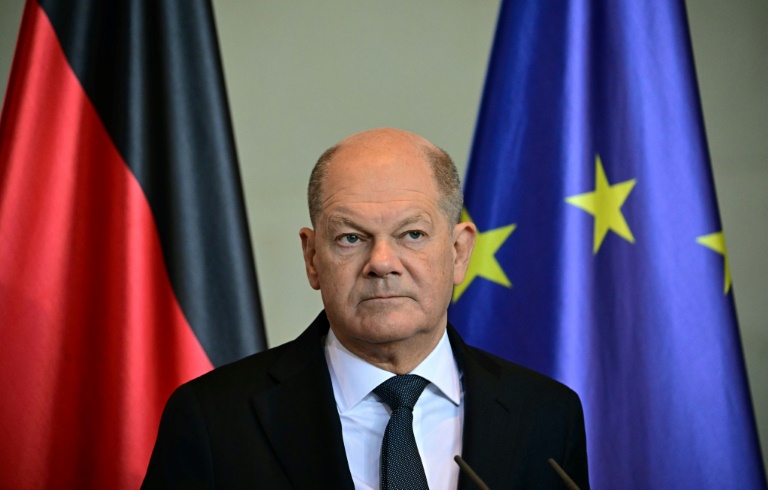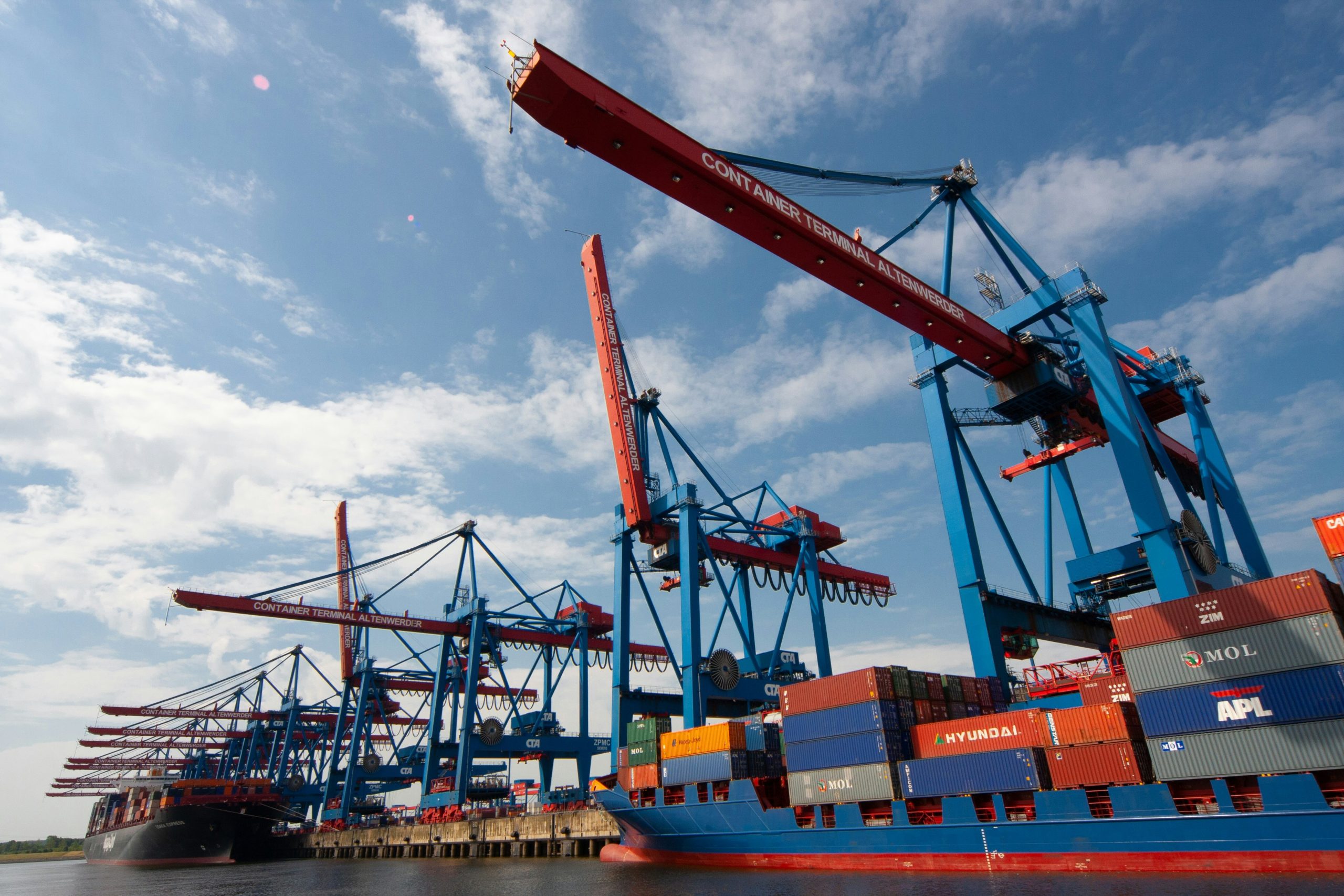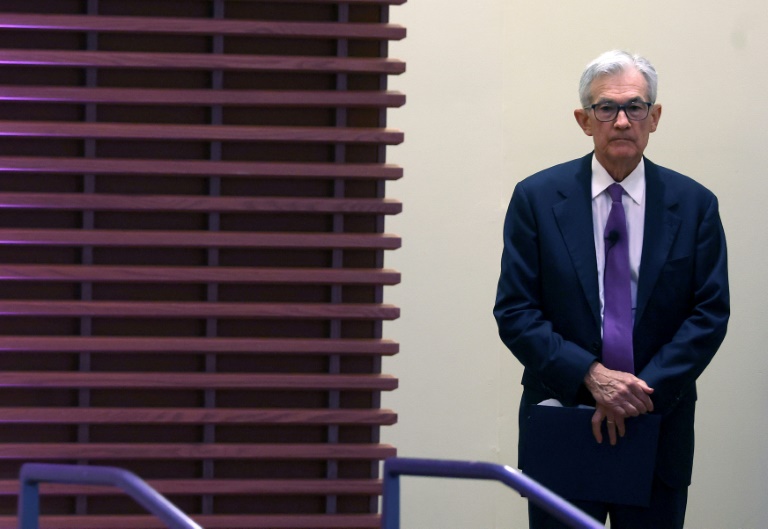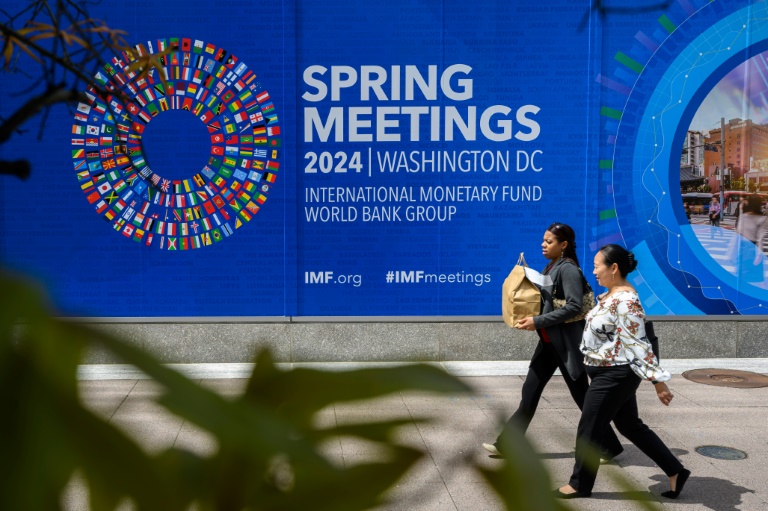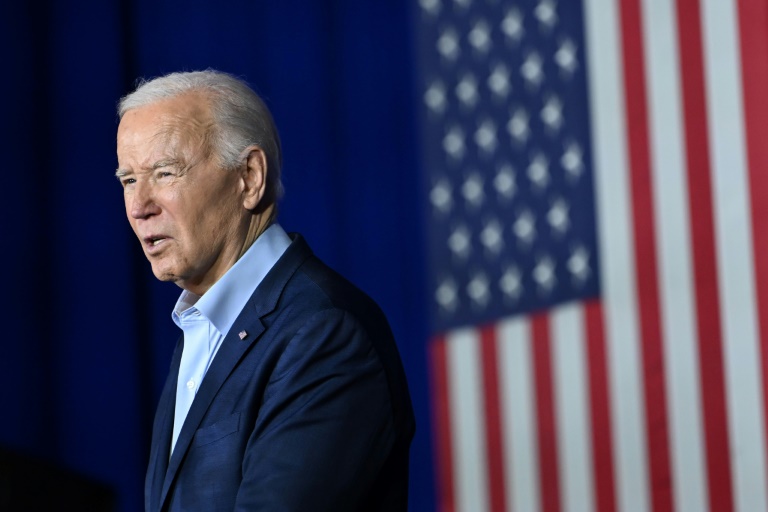Brussels (Belgium) (AFP) – The EU risks lagging further behind the United States unless Brussels makes significant changes to the single market, warned the author of a report that will be presented to leaders Thursday.
Enrico Letta, a former Italian prime minister, has criss-crossed Europe and spent months preparing the report for EU leaders on what the 27-nation bloc needs to do to keep pace with other global economies including China.
European businesses have been hit hard by the fallout from Russia’s 2022 invasion of Ukraine which sent energy prices soaring, while facing a double threat from bonanzas of state subsidies and reduced regulation in China and the United States.
“It’s not only the United States that is able to do (this),” Letta told reporters at a press conference on Wednesday.
Growth figures for the EU and US economy illustrate the difference.
The bloc grew by a mere 0.5 percent in 2023, compared with 2.5 percent in the United States.
In his report published Wednesday, Letta argued the single market that allows the free movement of goods, services, capital and people within the EU is too small.
It should be bigger and include energy, telecoms and finance as well as defence, he argued.
Currently these markets are fragmented with different national rules that make it difficult to scale up.
Around 80 percent of the EU’s military support to Ukraine went to non-European suppliers, Letta said, arguing that Brussels needed to do more to produce arms and ammunition in Europe.
– EU mustn’t ‘cede’ to others –
Letta will present his report at an EU leaders’ summit on Thursday.
Brussels is especially fearful of being left behind in the technologies needed for the future, including solar panels, batteries, semiconductors and artificial intelligence.
The EU’s executive arm says an extra 620 billion euros ($660 billion) each year will be needed to finance the clean energy and digital transitions.
According to Letta, Europe will need to mobilise private funds but European start-ups find it difficult to access larger sums — often forcing them across the Atlantic.
Letta wants a savings and investment union, pointing to how more than 300 billion euros in European savings leave every year to be invested in the American market.
“EU companies currently lag behind their global counterparts, particularly those in the US and China. This gap has critical implications for innovation, productivity, job creation, and ultimately, the EU’s security,” the report warned.
“Europe cannot, and should not, cede its role as a manufacturing leader to others,” it said.
– EU-level state aid? –
Among the report’s recommendations is an EU-wide contribution mechanism to address deepening anger in the bloc over varying levels of state aid.
The EU’s two biggest economies, Germany and France, spend significantly higher amounts on national subsidies compared with the other 25 member states. Brussels relaxed state aid rules in 2020 in response to the Covid pandemic, and did so again in 2023.
The recommendation was not welcomed by all.
“Calls in Mr. Letta’s report for a ‘progressive expansion of EU level funding’ as a trade-off for stricter state aid control detracts from the need for a relentless focus on improving the business case for private investment in Europe,” said Kieran O’Keeffe, executive director of Europe Unlocked, a campaign group representing European business organisations.
© 2024 AFP


